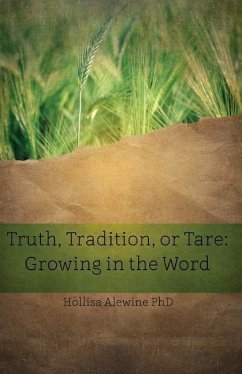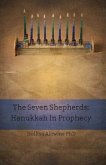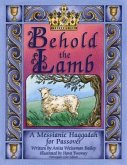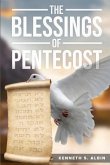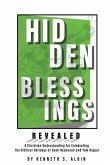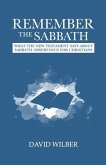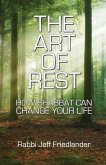Readers of the Newer Testament can find its treatment of tradition confusing. Many of the customs in its pages are Jewish, and therefore foreign to non-Jewish believers. Yeshua (Jesus) sometimes corrected those observing religious customs, yet at other times he said they should have observed them. Paul does the same in his letters, and twice he instructs non-Jewish believers to keep the Jewish customs he passed on to them. Among believers in Yeshua today, some enjoy incorporating tradition into their worship. Some dismiss all customs as "man-made," and therefore extraneous at best or the sin "adding to" the written Word at worst. There is a way to determine the relationship of the written Word to tradition, for the Word would not leave us without comfort on such an important question. Our Father wants His children to grow in wisdom, maturity, and favor before Him as well as their communities.The methods used by the prophets of the Older Testament (TANAKH) as well as the writers of the Newer Testament (Brit HaChadasha) did leave readers guidelines to divide the Seed of truth from tradition, and then to separate a tradition grown from truth from a "taredition" grown from a different seed. Additionally, it is just as important to the disciple of Yeshua to test the goodness of the soil on which the practice of the Word grows. The most important consideration in the Older Testament's, Yeshua's, and the apostles' instructions is the sincere heart that holds justice, mercy, and faithfulness as the weightier matters of any religious custom. By evaluating the traditions that one chooses to observe or not observe, the individual can avoid the lament: "O Lord, my strength and my stronghold, my refuge in the day of trouble, to you shall the nations come from the ends of the earth and say: 'Our fathers have inherited nothing but lies, worthless things in which there is no profit.'" By applying the instructions in the Word, every believer is encouraged in his or her growth. A careful examination of Yeshua's instructions lifts a nuance that is frequently lost in discussions of truth and tradition. The first step is to identify whether that tradition is a tare. By throwing all tradition into a mental trash bin labeled Man's Tradition, it is possible that one could throw good plants and fruit into the bin with the tares. This is a logical fallacy called oversimplification. Yeshua's parables encourage his disciples to learn critical thinking skills so that growth in the Word is abundant life.When a disciple of Yeshua examines his or her walk in the Word, there may be times that he or she feels that there is not enough growth. The very fact that we question our growth is a sign of readiness to grow. The next step is to allow the Holy Spirit (Ruach HaKodesh) to teach us how to bear good fruit. To do that, every disciple can identify beliefs and practices that either stimulate healthy growth in the Word, or they stunt it.Welcome to the living fields of the Father's Garden!
Hinweis: Dieser Artikel kann nur an eine deutsche Lieferadresse ausgeliefert werden.
Hinweis: Dieser Artikel kann nur an eine deutsche Lieferadresse ausgeliefert werden.

